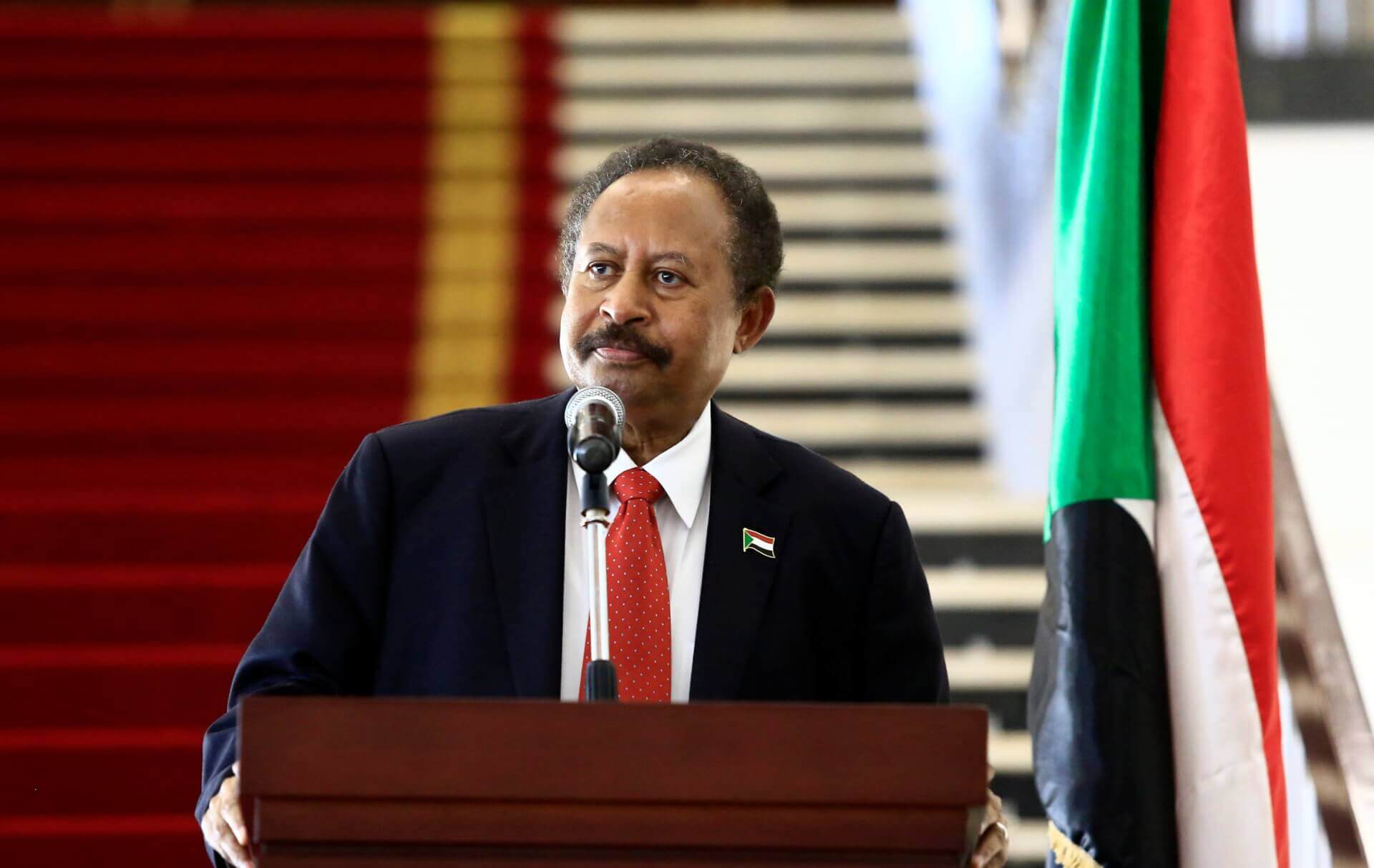Sudan’s transitional government, headed by Prime Minister Abdalla Hamdok, signed a historic peace deal with rebel groups in the South Sudanese capital of Juba after a year of negotiations. Hamdok was joined by South Sudanese President Salva Kiir, Sudanese paramilitary commander Mohamed Hamdan Daglo, and a representative from the Sudan Revolutionary Front (SRF), which represents a coalition of rebel groups from across the region.
Also present were senior members of the military establishment—Gen. Abdel-Fattah Burhan, who heads the transitional sovereign council, and his deputy, Gen. Mohammed Hamadan Dagalo.
The agreement was co-signed by Chad, Qatar, Egypt, the African Union (AU), the European Union (EU), and the United Nations (UN) as ‘guarantors’, indicating the global interest in the successful conclusion of these talks and the maintenance of the terms of the deal.
In fact, the event was attended by: the presidents of Somalia, Ethiopia, Djibouti, and Chad; the prime minister of Egypt; the foreign ministers of Qatar and Saudi Arabia; the petroleum minister of the United Arab Emirates (UAE); and the African Union chairperson.
Following the signing ceremony, the South Sudanese mediating group’s leader, Tut Gatluak, announced, “Today we have reached a peace agreement. We are happy. We have finished the mission.” Similarly, PM Hamdok said, “The next biggest challenge is to work with all local and international partners to preach the agreement and its benefits.”
The landmark peace agreement pertains to land ownership, reparations and compensation, wealth and power-sharing, and the return of refugees and internally displaced people. At the same time, it also paves the way for self-governance in the southern provinces of Blue Nile, South Kordofan, and West Kordofan.
Another key feature of the deal is that the government has laid out a path to facilitate development in the impoverished southern and western provinces through an annual investment of $750 million in those regions for the next ten years. Another striking element of the agreement is the provision for rebel fighters to be integrated with government security forces.
While this deal is monumental, there nevertheless remain some obstacles to overcome. For instance, two large rebel groups have yet to sign the agreement. For instance, the Sudan People’s Liberation Movement/Army-North (SPLM/A-N), which is led by Abdel-Aziz al-Hilu and is the country’s largest rebel group, has yet to formalize an agreement with the government. Al-Hilu was present at the signing ceremony and is believed to have made clear his demands for a ‘secular state’ and the complete dismantling of previous leader Omar al-Bashir’s militias.
On the other hand, the Sudan Liberation Movement/Army (SLM/A), led by Abdel-Wahid Nour, does not recognize the transitional government and has thus refused to enter into negotiations with the Hamdok administration.
During his speech Hamdok recognized these difficulties, saying that, while the agreement does “open broad horizons for development, progress, and prosperity”, the “peace-building process faces various challenges and pitfalls”.
The present-day malaise was set in stone under al-Bashir, when, for three decades, the Arab-dominated government asserted its influence over non-Arab groups and regions.
This week’s deal was, in fact, struck late in August, but finally entered into force yesterday. It represents yet another move by the Hamdok administration to usher in ground-breaking changes to the country.
In July, the government approved sweeping amendments to its 1991 Criminal Law that were introduced by the now-ousted al-Bashir administration. The changes included scrapping the apostasy law, criminalizing female genital mutilation (FGM), and allowing non-Muslims to consume alcohol. It is hoped that these sweeping changes will bring about a new era of peace, prosperity, and stability.
Sudan Government Signs Historic Peace Deal With Rebel Groups
The landmark peace agreement pertains to land ownership, reparations and compensation, wealth and power-sharing, and the return of refugees and internally displaced people.
October 6, 2020

IMAGE SOURCE: CHINE NOUVELLE / SIPA / REX / SHUTTERSTOCKSudanese Prime Minister Abdalla Hamdok
